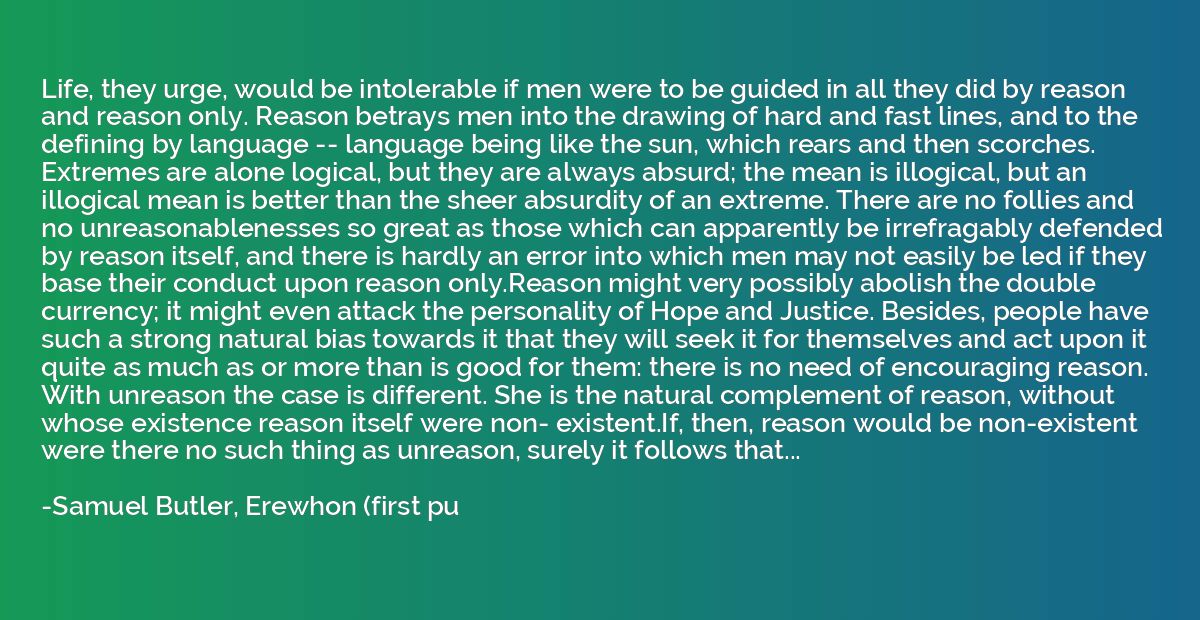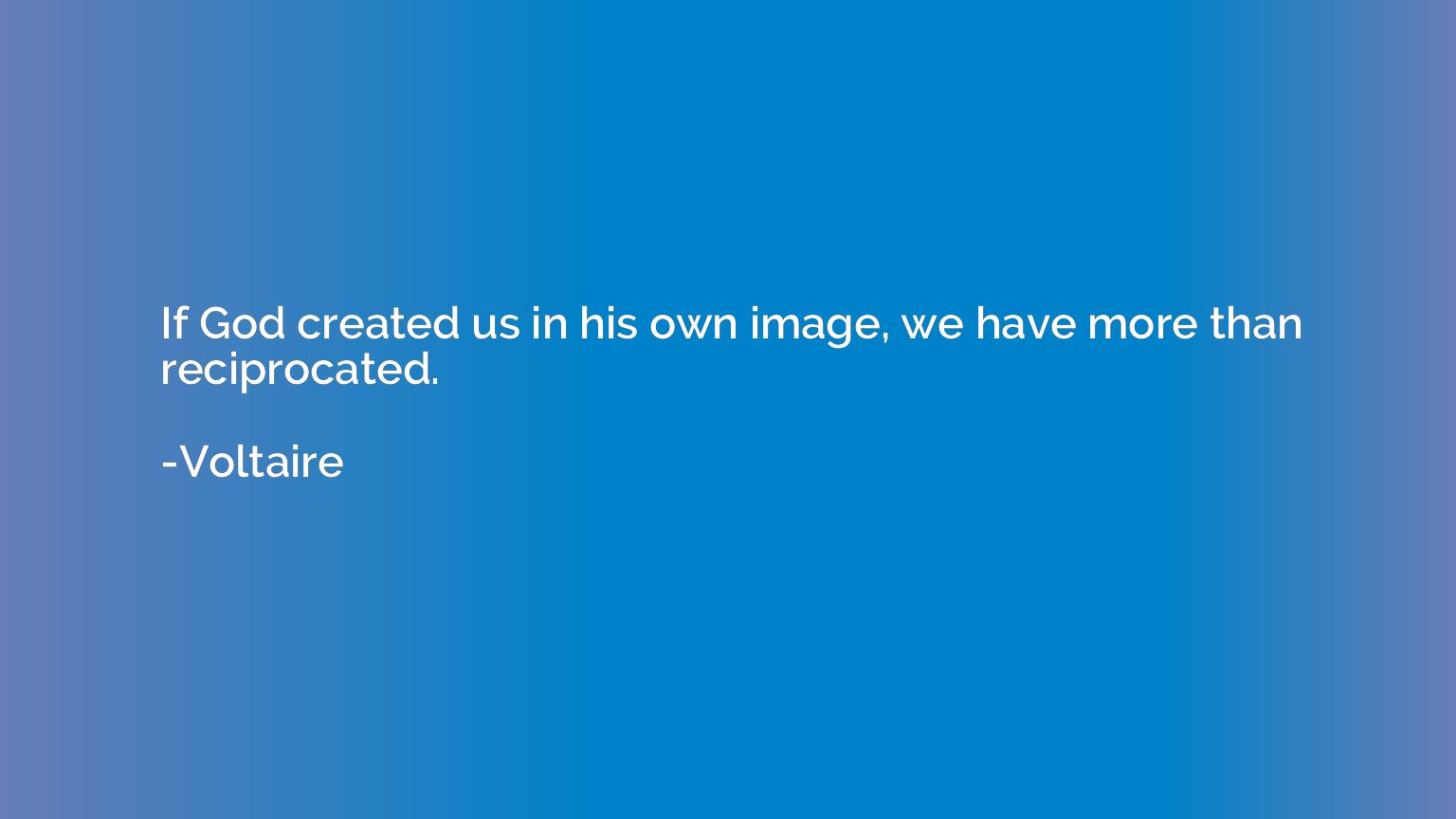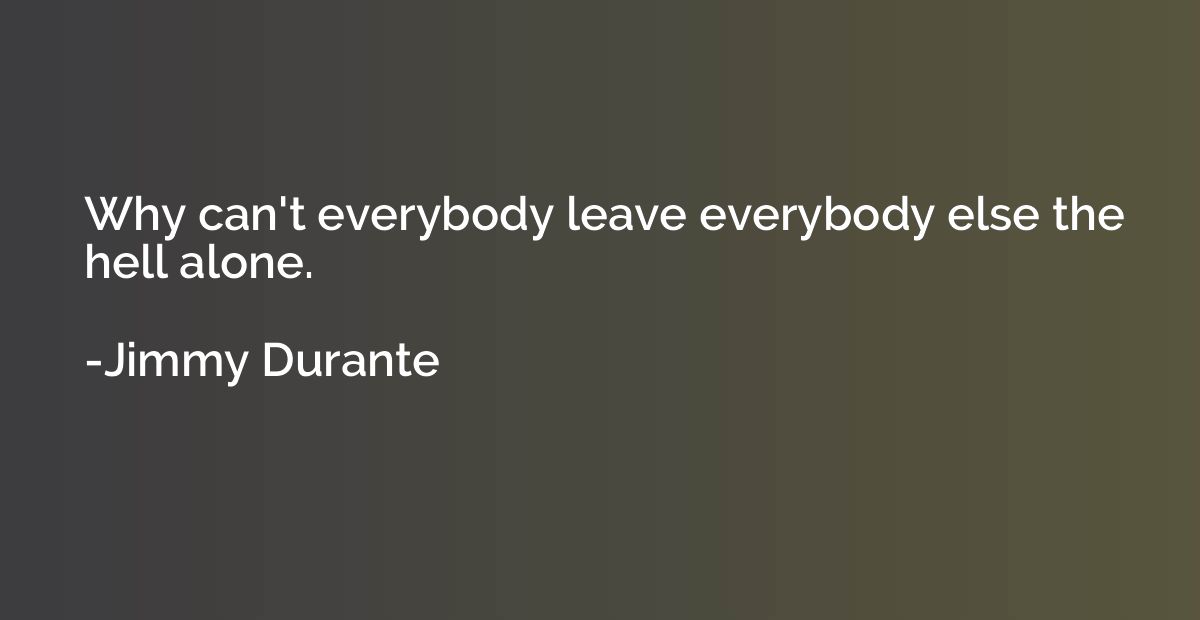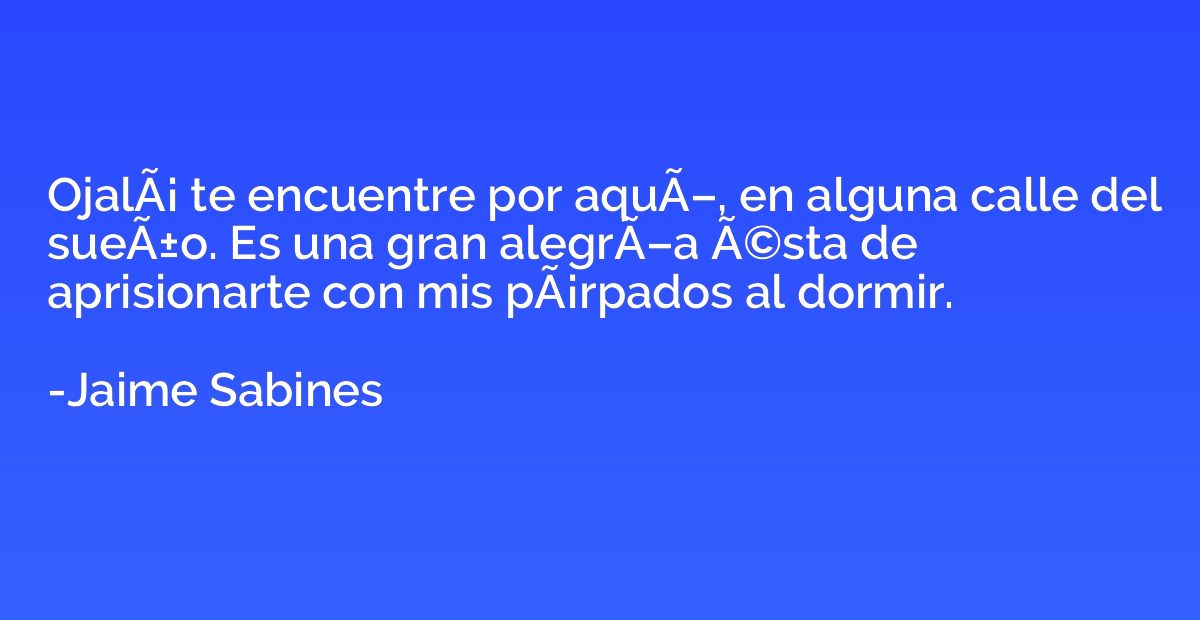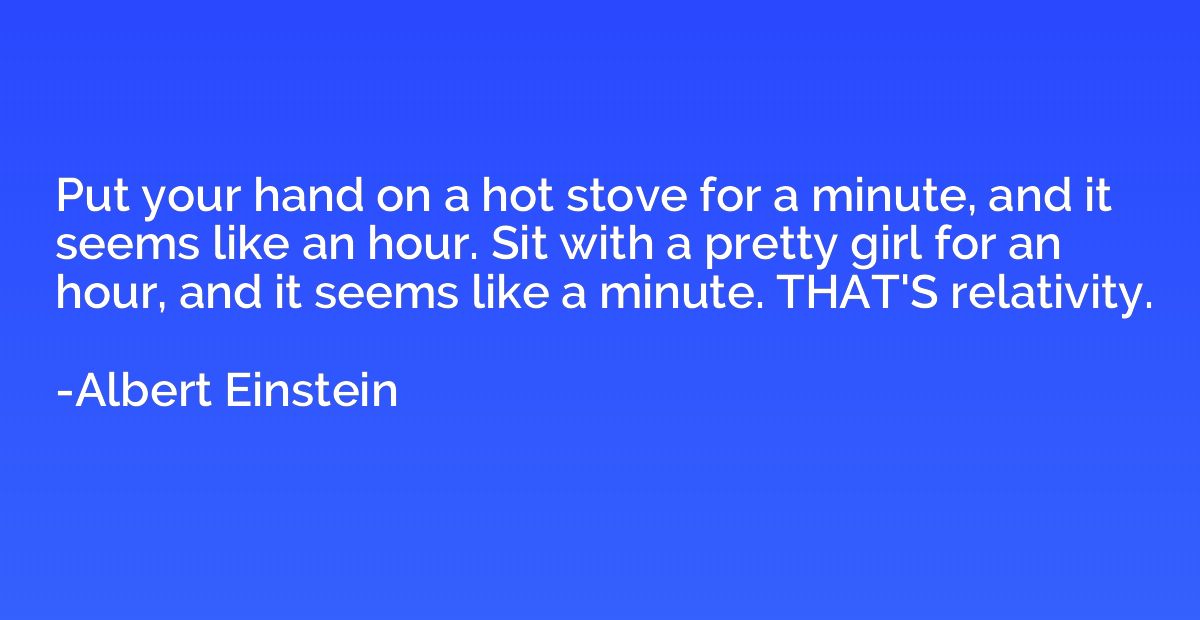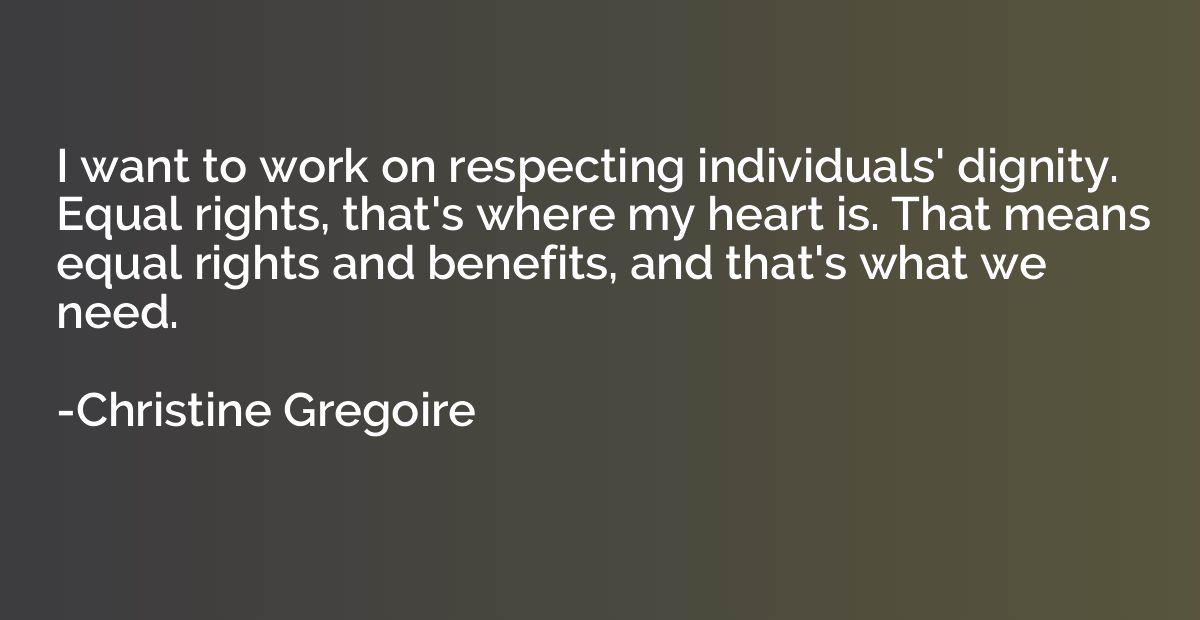Quote by Elisabeth Bishop
Should we have stayed at home and thought of here? Where should we be today? Is it right to be watching strangers in a play in this strangest of theatres?
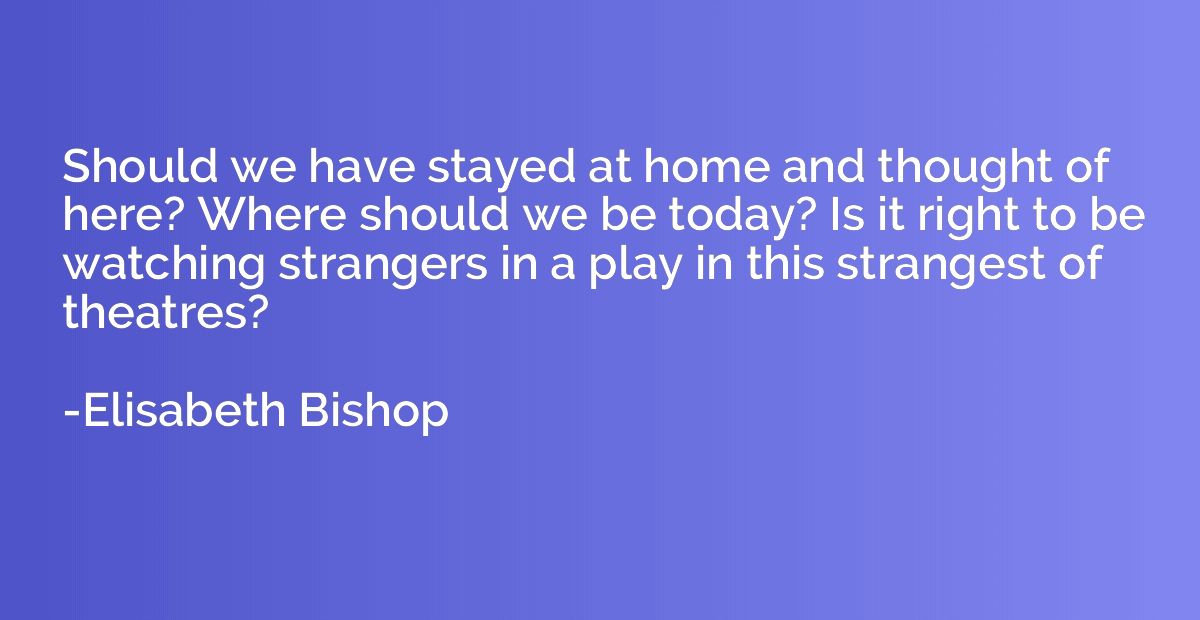
Summary
In this thought-provoking quote, the speaker reflects on the nature of existence and questions the choices and experiences that shape our lives. They ponder whether it would have been better to remain in the comfort of home and simply contemplate our surroundings or whether we should embrace the unknown and explore new environments. The quote also calls attention to the peculiar concept of observing strangers' lives in a theatrical setting, hinting at our tendency to detach from reality and immerse ourselves in the spectacle of others' existence.




